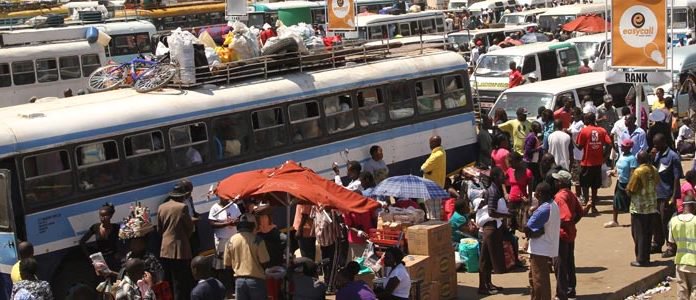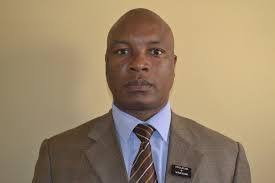The Passengers Association of Zimbabwe (PAZ) has bemoaned the fact that bus fares along highways and in rural areas remain very expensive despite government’s introduction of the urban mass transport system through the Zimbabwe United Passenger Company (ZUPCO) that has made daily commuting for cities and towns dwellers affordable.
PAZ said travelling on highways is still beyond many people’s reach. For instance, one needs to fork out at least $12 for a trip between Harare and Kadoma, about $25 on the Harare to Gweru single trip and a minimum of $30 from Harare to Bulawayo.
For people in rural areas a distance of about 20km attracts up to $6, for instance Rusape to Temaruru. Rural teachers, agricultural extension officers, health workers and others who commute daily are forced to pay up to $60 a week, and up to about $264 a month (calculating on an average of 22 working days). It is also important to note that most people in Zimbabwe live in rural areas, more than 65 percent of the overall population. These, mainly rely on public transport when going to purchase farming inputs, going to hospital and when in need of maternity services or when attending funerals and other social events.
“The excessive highway fares make it difficult for family members to visit each other, to attend funerals, weddings and various family gatherings. As a result these fares have become an invisible “Berlin wall” between rural and urban people.
“Passengers Association of Zimbabwe calls upon government to provide subsidised fuel for buses that ply highways and rural areas. The government should also ensure that these bus operators get access to foreign currency to buy spares. We are also calling on government to rehabilitate rural roads so that people do not continue to walk between 5 to 20km the nearest bus stop,” PAZ said in a statement.






